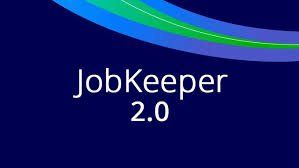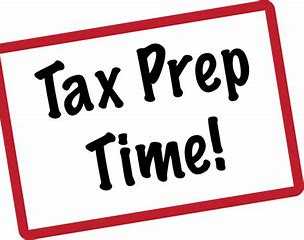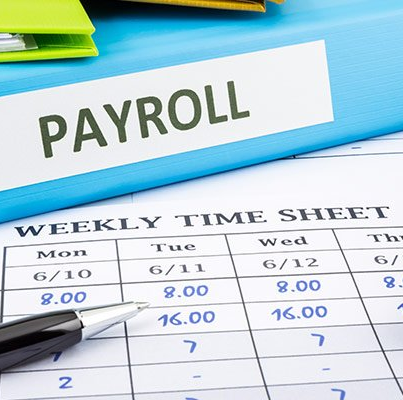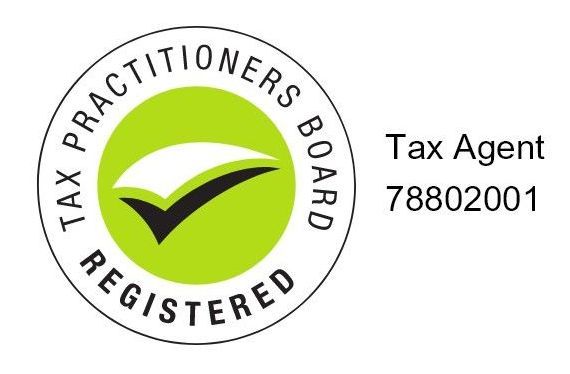O'Donoghue King is a CPA Practice
Cryptocurrency on ATO’s radar
The rise in the popularity of cryptocurrency and other crypto-assets in recent years has forced the Australian Taxation Office (ATO) to develop ways to track and monitor transactions in this area of investment. It is commonly assumed by taxpayers that crypto gains and losses are like betting wins and losses, and therefore not declarable in their income tax returns. However, the ATO views bitcoin and other cryptocurrencies as property, not currency, and therefore liable for capital gains tax (CGT) when sold for a profit.
The ATO has recognised that there has been significant growth in participation of crypto-assets in recent years. It estimates that there are between 500,000 to one million Australians that have invested in crypto-assets.
The ATO will now broaden its use of third party data matching into the area of crypto-assets. The use of the ATO’s data matching program is a key element of the ATO’s compliance program. It helps the ATO identifying taxpayers who fail to disclose their income details correctly. The ATO has recently announced it has begun collecting bulk records from Australian cryptocurrency designated service providers (DSPs) as part of a data matching program to ensure people trading in cryptocurrency are paying the right amount of tax. Data to be provided to the ATO will include cryptocurrency purchase and sale information, and the ATO is targeting individuals or entities engaged in buying, selling or transferring cryptocurrency during the 2014–15 to 2019–20 financial years.
The ATO will be working with other regulators, in particular the Australian Transaction Reports and Analysis Centre (AUSTRAC) and the Australian Securities and Investment Commission (ASIC) to investigate cryptocurrency-related tax evasion and money laundering. The ATO will also likely have access to information from foreign-based cryptocurrency exchanges and the like via automatic exchange of information rules such as the Common Reporting Standard, which requires organisations to collect information about the identity of users and to share that information with the relevant tax revenue authority.
Taxpayers should be mindful of these developments, and seek tax advice from their accountant if they believe they have omitted any gains or losses incurred from trading in crypto-assets in previous years income tax returns. Taxpayers should also be aware that they are required to declare any capital gains or losses from trading in crypto-assets in future tax returns.
As with other assets, if the cryptocurrency is held by an Australian resident taxpayer for more than 12 months before being sold or used, he or she may be eligible for the 50 per cent CGT discount.
According to the ATO, if taxpayers are flagged following the data matching exercise, they may be contacted by the ATO and given the opportunity to verify the information collected before any compliance action is undertaken. People will be given at least 28 days to clarify any information that has been obtained from the data provider. Where people find that they have made an error or omission in their tax return they should contact the ATO as soon as possible. Penalties may be significantly reduced in circumstances where the ATO is contacted prior to an audit. People can correct a mistake by requesting a self-amendment or making a voluntary disclosure, and can also contact the ATO if they need help paying their tax.
This information has been prepared without taking into account your objectives, financial situation or needs. Because of this, you should, before acting on this information, consider its appropriateness, having regard to your objectives, financial situation or needs.











